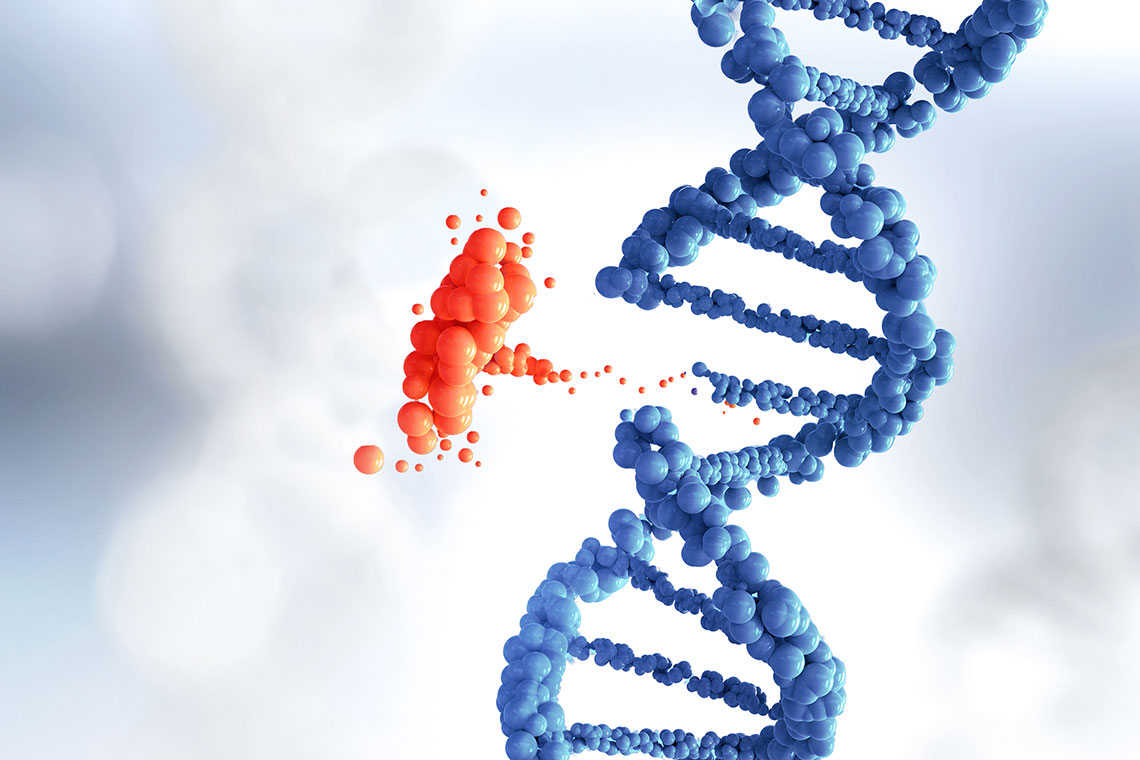What are the symptoms of PURA syndrome?
PURA syndrome is a rare genetic disorder caused by mutations in the PURA gene. Symptoms of PURA syndrome can vary widely but generally include:
- Developmental Delay: Significant delays in reaching developmental milestones, such as sitting, standing, and walking.
- Intellectual Disability: Mild to moderate intellectual disability, affecting cognitive and learning abilities.
- Motor Impairments: Difficulties with motor skills, including poor muscle tone (hypotonia) and coordination problems.
- Autonomic Dysregulation: Issues with autonomic nervous system functions, which can affect heart rate, blood pressure, and body temperature regulation.
- Seizures: The presence of seizures or epileptic episodes, which can vary in type and frequency.
- Speech and Language Difficulties: Delays in speech and language development, which can impact communication skills.
- Behavioral Problems: Possible behavioral issues, such as hyperactivity, aggression, or repetitive behaviors.
- Physical Features: Some individuals may have specific physical features or dysmorphic traits, although these can vary widely.
- Sleep Disturbances: Problems with sleep patterns, including difficulty falling asleep or staying asleep.
- Feeding Issues: Difficulties with feeding or swallowing, particularly in infancy.
The severity and range of symptoms can differ significantly among individuals with PURA syndrome. Due to its rarity and the variability in symptoms, diagnosis and management typically involve a multidisciplinary approach, including genetic testing, developmental assessments, and supportive care tailored to the individual’s needs.
What are the causes of PURA syndrome?
PURA syndrome is caused by mutations in the PURA gene, which provides instructions for making a protein involved in various cellular processes, including gene expression regulation. The key causes of PURA syndrome are:
- Genetic Mutations: PURA syndrome is primarily caused by mutations or deletions in the PURA gene located on chromosome 5 (5q31.3). These genetic changes can lead to disruptions in the production or function of the PURA protein.
- Inherited Mutations: In most cases, PURA syndrome results from de novo mutations, meaning the genetic changes occur spontaneously in the affected individual and are not inherited from parents. However, in rare cases, the mutations can be inherited from a parent who has a mutation in one copy of the PURA gene.
- Spontaneous Genetic Changes: The mutations in the PURA gene typically arise spontaneously during the formation of eggs or sperm or early in embryonic development. This means that there is usually no prior family history of the condition.
PURA syndrome is a genetic disorder, and the specific cause of the PURA gene mutations can vary from one individual to another. Genetic testing and counseling can help identify the exact nature of the mutation and provide information about the risk of recurrence in future pregnancies.
How is the diagnosis of PURA syndrome made?
The diagnosis of PURA syndrome involves several steps, primarily focusing on genetic testing and clinical evaluation. Here’s how the diagnosis is typically made:
- Clinical Evaluation: A healthcare provider evaluates the patient’s symptoms, medical history, and developmental milestones. Symptoms such as developmental delay, intellectual disability, motor impairments, and seizures are considered.
- Genetic Testing: The definitive diagnosis of PURA syndrome is made through genetic testing. This usually involves:
- Whole Exome Sequencing (WES): This test examines the coding regions of all genes (exomes) to identify mutations in the PURA gene.
- Targeted Genetic Testing: This specifically tests for known mutations in the PURA gene if there is a clinical suspicion of PURA syndrome.
- Family History: While PURA syndrome typically results from de novo mutations (new mutations not inherited from parents), family history is reviewed to assess the likelihood of inherited genetic conditions.
- Exclusion of Other Conditions: Diagnosis may involve ruling out other genetic or developmental disorders with similar symptoms. This can include a comprehensive evaluation by a geneticist or genetic counselor.
- Imaging and Developmental Assessments: Additional assessments, such as brain imaging (MRI) and developmental evaluations, may be conducted to understand the extent of neurological and developmental impact.
A multidisciplinary approach involving geneticists, neurologists, developmental pediatricians, and other specialists may be used to confirm the diagnosis and provide comprehensive care.
What is the treatment for PURA syndrome?
There is no cure for PURA syndrome, so treatment focuses on managing symptoms and improving quality of life. The approach typically includes:
- Early Intervention: Engaging in early developmental therapies to address motor delays, speech and language development, and cognitive skills. This might involve physical therapy, occupational therapy, and speech therapy.
- Seizure Management: If the individual experiences seizures, antiepileptic medications may be prescribed to control seizure activity.
- Behavioral and Educational Support: Tailoring educational and behavioral interventions to address learning difficulties and behavioral issues. Specialized education plans and behavioral therapy can support cognitive and social development.
- Medical Management: Treating any associated health issues or complications, such as feeding difficulties or autonomic dysregulation, with appropriate medical care and dietary adjustments.
- Supportive Care: Providing support for sleep disturbances, emotional well-being, and family counseling to help manage the challenges associated with the syndrome.
- Regular Monitoring: Routine follow-up with healthcare providers to monitor progress, adjust treatments, and address any new or evolving symptoms.
A multidisciplinary team approach involving geneticists, neurologists, developmental pediatricians, and other specialists is often beneficial in managing PURA syndrome and providing comprehensive care.

Leave a Reply
You must be logged in to post a comment.